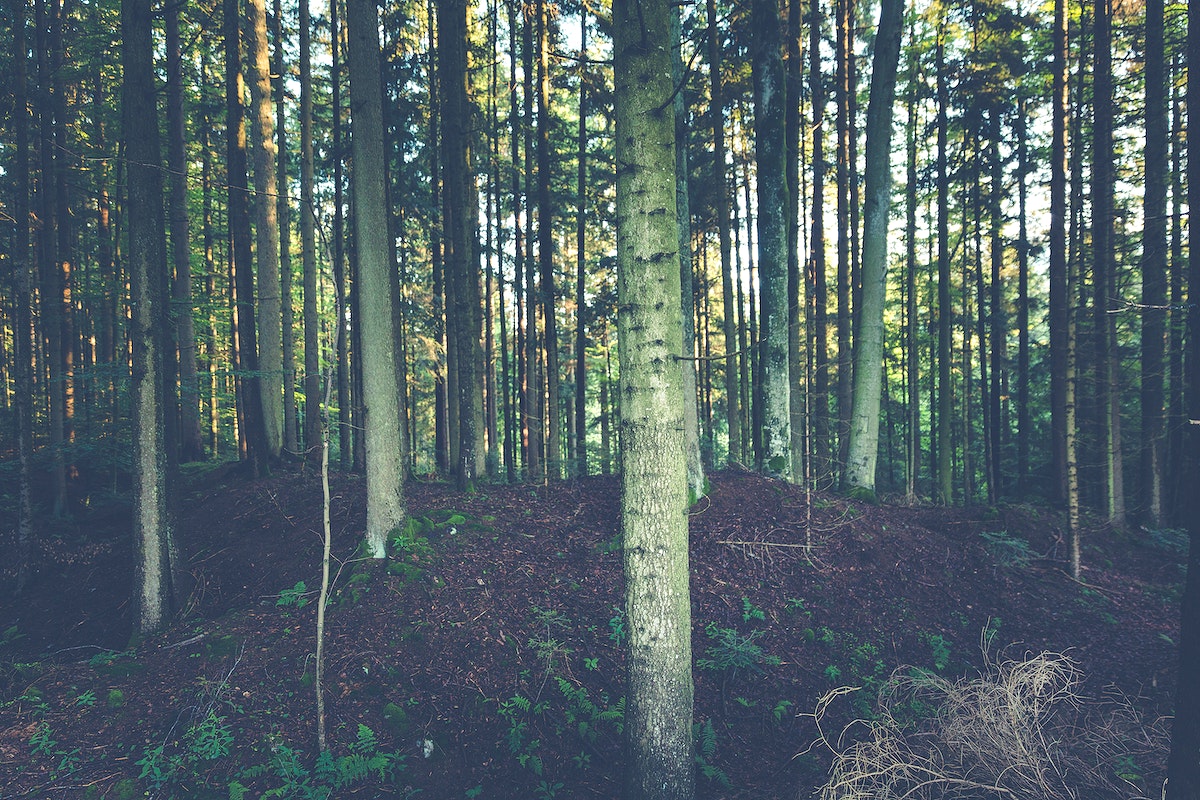If you had never heard of a “special rapporteur” before last week, you might be forgiven. There has never been such a position in Canadian government departments, federal or provincial. But there are plenty of special rapporteurs at the United Nations (UN), and even there it’s an obscure title.
Prime Minister Justin Trudeau announced his intention to name a “special rapporteur” to look into Beijing’s repeated interference with Canadian federal elections. The mandate for Trudeau’s proposed rapporteur will not likely include investigating Trudeau for dragging his feet on the file.
Special Rapporteur is a title typically given to independent human rights activists, which the UN considers to be “experts” in either specific fields of human rights or in given geographic areas. For example, there are special rapporteurs for various human rights themes (like the independence of judges and lawyers) and there are special rapporteurs for Latin American or African states. Their work is to document, “report” and denounce rights violations.
Since the mid-1980s, the UN Human Rights Council appoints special rapporteurs, but they are not UN or government employees. They are civilians, and they do not get paid.
Anyone who knows the UN will tell you that the organization has a terrible record protecting human rights. Rapporteurs report as they are supposed to do, often at great personal risk, but their work is inconsequential to human rights violators.
Reported rights violators never admit to their violations, nor change their ways. And the worse their rights transgressions, the less these violators care about reports that so few read.
So, Justin Trudeau wanting a “special rapporteur” working for him makes manipulative sense for several reasons. First, nothing contemplates such a position in the traditions of this country so he will fashion it however he sees fit.
Two, there are no special rapporteurs for intelligence services anywhere. In fact, UN special rapporteurs are at odds with intelligence services, military or armed groups who usually obliterate rights in the name of national security, often invoking fake emergencies.
Lastly, but most importantly, there are no special rapporteurs appointed by governments. In their case, independent does not only mean that rapporteurs do not work for or are at arms-length from government. Rapporteurs are independent because the perpetrators of human rights violations do not get to choose them; they are never appointed by governments. Not surprisingly Cuba, for instance, refuses rapporteurs documenting right violations on its soil.
It is not that there is a flaw in Trudeau’s proposal. His choice is a deliberate obfuscation. In keeping with natural justice, one ought not choose a special individual, much less create a new position outside of the existing investigating officers in law enforcement, to investigate one’s misdeeds. It is illegitimate for the Liberal government to choose the person who will investigate its potential links to the misdeeds. One Rouleau was enough.
It’s not difficult to see why Justin Trudeau is creating something untethered in Canadian law or tradition. Trudeau likely knows well that there are libraries of reports at the United Nations, written by special rapporteurs denouncing gruesome human rights violations. Yet, the perpetrators of such crimes remain in place, untouched in power, often sitting in UN committees in review of their own crimes. Venezuela, Nicaragua, Iran, and Cuba, for example, often rotate into the UN Human Rights Council even though their regimes are among the most blatant violators of human and democratic rights against anyone who opposes their corrupt rule.
UN special rapporteurs report, and the UN does next to nothing when it is not in the nature of the violators to change or to be moved by accusations.
Similarly, Canada has a prime minister at the head of a government found guilty of numerous ethical transgressions over the years. Despite damning reports from existing parliamentary officers, Trudeau and the offenders persist. The PM himself, guilty of multiple unethical practices, has resorted to using the powers of the state to obfuscate, prevaricate, push out, marginalise, and persecute his critics.
The proposed creation of a government-appointed rapporteur in Canada is absurd. Considering Trudeau’s habits, it will amount to nothing. Canadians should demand a public inquiry instead and ditch the nonsense idea of a special rapporteur for election law violations at the hands of domestic MPs in possible collusion with hostile foreign states. The country’s institutions have all the tools to investigate the issues. No need to make up new ones.


Share Your Thoughts